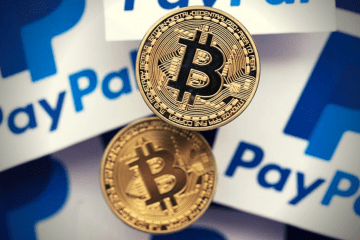FutureNet: The case of the sophisticated Ponzi scheme
The second of the Chainalysis crypto crime briefs paints a picture of intrigue, with an investigation into a seemingly ordinary Ponzi scheme opening up an expansive scamming infrastructure made up of shell companies.

It all began with FutureNet, a Poland-based multi-level marketing company that allows users to buy digital advertising packages that can then be sold on to others. Purchases are made in Bitcoin and “returns” are received in a native cryptocurrency known as FuturoCoin—a structure that, according to the blockchain intelligence firm, smacks of PlusToken, an infamous Chinese Ponzi scheme that stole $2 bilion in 2018 and 2019
“Blockchain analysis suggests that FutureNet’s administrators built an infrastructure of shell companies to facilitate its payments to and from victims, possibly to lend more legitimacy to the company and create a degree of separation between them and the transactions,” the Chainalysis report warns.
Victims are asked to make payments using a merchant services provider known as BitcoinAPI, while “profits” are deposited in accounts with the CoinDeal exchange. The Chainalysis investigation suggests there are closer ties between all three entities than meets the eye—and that they may even be owned by the same entity.
The authors of the brief say there is a clear motive behind this: making victims believe that they are using a multitude of independent companies, and giving them a false sense of protection in the event something goes wrong with FutureNet. But as the report adds: “FutureNet administrators may also believe that separating the payment mechanisms from the Ponzi scheme itself will make it more difficult for law enforcement to investigate them.”
According to Chainalysis, vigilance in the crypto sector against such tactics is nothing short of crucial, as they can make uncovering scams harder. Calls have been made for exchanges to be on the lookout for deposits from addresses that have ties to FutureNet, BitcoinAPI, and Coindeal, as it could be evidence of money laundering or an attempt to launch an exit scam.
Source: modernconsensus.com


